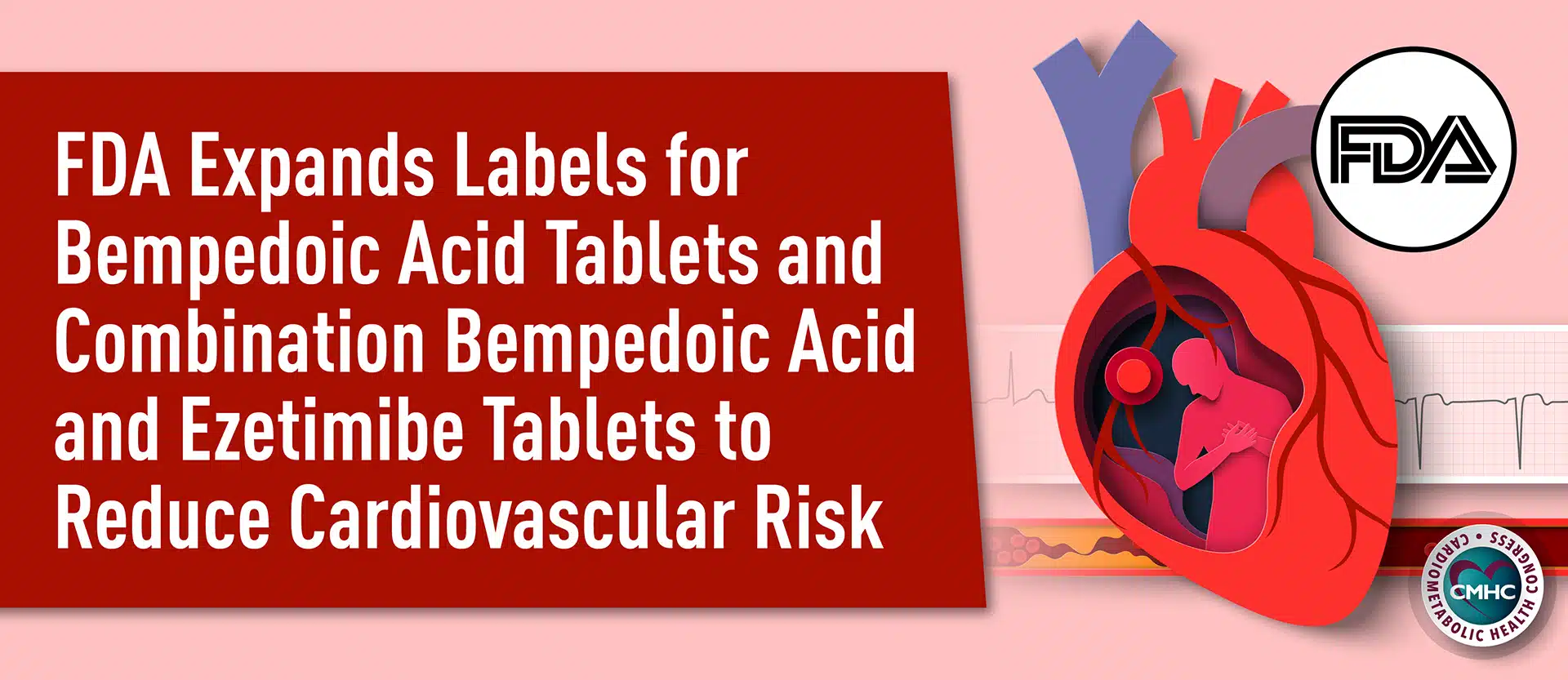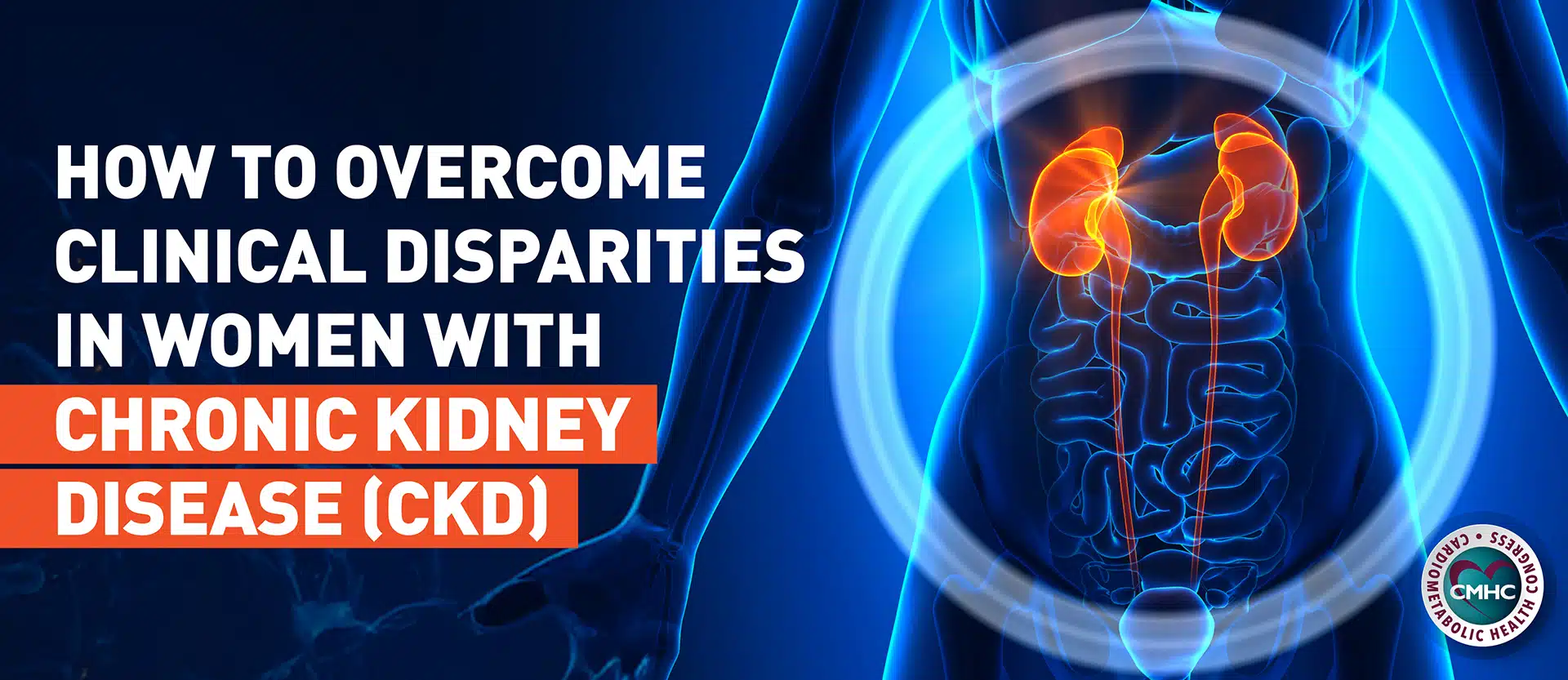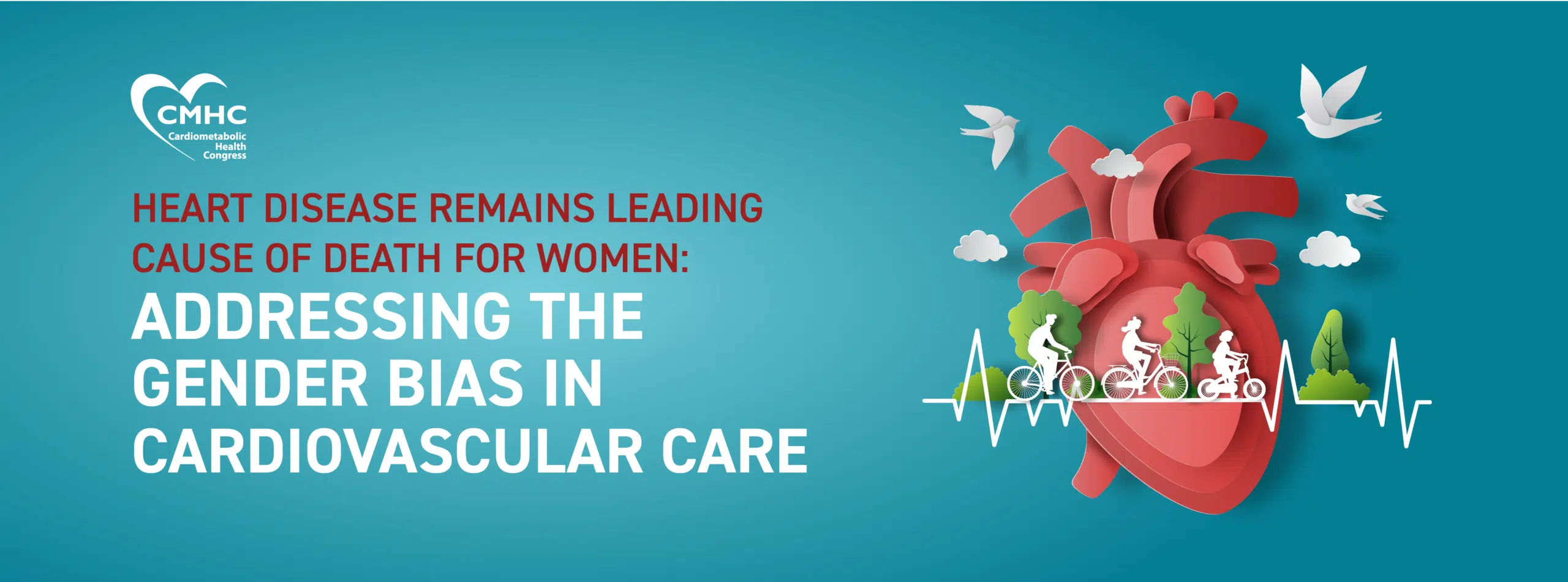Although the anti-inflammatory agent colchicine is currently approved to treat gout attacks and familial Mediterranean fever, when taken regularly in a long-term setting it may have other positive health effects. Research has shown that the compound may prevent conditions caused by inflammation, including several cardiometabolic diseases, however, evidence of its efficacy in risk reduction in patients with chronic coronary disease remains limited.
Results from a new trial reveal that the anti-inflammatory effects of colchicine may be able to reduce the risk of cardiovascular events in patients with recent myocardial infarction. Published in the New England Journal of Medicine, the study evaluated the potential for the medication to reduce the risk of adverse cardiovascular events in patients with chronic coronary disease.
Chronic Coronary Disease and Colchicine
Led by Stefan M. Nidorf, MD, FACC, a team of researchers conducted a randomized, controlled, double-blind study in which patients with chronic coronary disease were either assigned 0.5 mg of colchicine to be taken once daily or a placebo medication. The primary outcome of their research was the composite of cardiovascular death, spontaneous myocardial infarction, ischemic stroke, or ischemia-driven coronary revascularization. The secondary end point measured was the composite of cardiovascular death, spontaneous myocardial infarction, or ischemic stroke.
Risk Reduction of Adverse CV Events
Of the total 5,522 study participants enrolled, 2,762 were assigned to the colchicine cohort while the remainder was given placebo medication. The median duration of follow-up was 28.6 months. At the end of the trial, the primary outcome event occurred in 187 participants or 6.8% in the colchicine group and in 264 patients (9.6%) in the placebo cohort. In addition, a key secondary end-point was reported in 115 patients (4.2%) within the colchicine group and in 157 patients (5.7%) in the placebo cohort.
The incidence of spontaneous myocardial infarction, ischemia-driven coronary revascularization, and cardiovascular death were all significantly lower in the group treated with colchicine. Unexpectedly, the incidence of death from non-cardiovascular causes was higher in colchicine group than in the placebo group.
Dr. Nidorf and colleagues noted the study’s limitations, which included a lower-than-expected percentage of female participants and a lack of baseline data collection on blood pressure, lipid levels, or inflammatory state that would have allowed researchers to report outcomes based on risk-factor control.
The latest findings are consistent with those of previous trials, indicating that the risk of cardiovascular events could be significantly lowered with the administration of low-dose colchicine once daily. This supports the potential benefits of anti-inflammatory therapies in patients with coronary disease, however, the unexpected rise in non-cardiac deaths is a concern that requires further investigation to assess the risk-to-benefit ratio of using colchicine in this demographic.

















